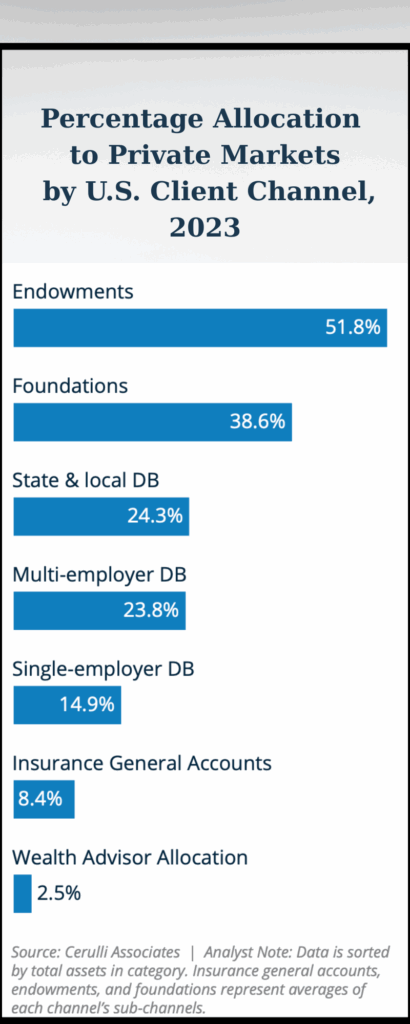America has a retirement crisis, and it seems to be concentrated among the half of full-time workers whose employers don’t sponsor retirement plans. If you have a retirement plan at work, you’re probably confident about retirement. If not, you’re probably worried.
That’s one quick takeaway from the 2016 Retirement Confidence Survey (RCS) by the Employee Benefit Research Institute (EBRI) and Greenwald and Associates, which also shows that confidence about affording a comfortable retirement has stopped improving after climbing out a deep post-Great Recession slump.
The percentage of workers who describe themselves as “very confident” about having enough money for a comfortable retirement leveled off at 21% this year, after rising to 22% in 2015 from only 13% in 2013. Those who are “somewhat” confident increased to 42% in 2016 from 36% in 2015. The percentage who are “not at all” confident fell to 19% in 2016 from 24% in 2015, the 26th annual RCS found.
As noted above, Americans with workplace retirement plans were more likely to be confident about retirement. Whether they have a plan at work depends on whether their employer decides to sponsor a plan or not—a problem that a few state legislators are trying to fix by mandating access to plans at all but the smallest employers.
Workers who reported that they or their spouses have money in a defined contribution (DC) plan or individual retirement account (IRA) or have benefits in a defined benefit (DB) plan from a current or previous employer are more than twice as likely as those without any of these plans to be very confident (26% with a plan vs. 10% without a plan).
Workers without a plan are more than three times as likely to say they are “not at all” confident about their financial security in retirement (11% with a plan vs. 38% without a plan).
“Even if you control for discrepancies in age and income, the likelihood that a respondent is somewhat or very confident [of a financially comfortable retirement] is 22 percentage points higher for those with an IRA, DC plan, and/or DB plan than [those] without a plan,” said Jack VanDerhei, EBRI research director and co-author of the 2016 RCS, in a release.
Those without enough savings say they plan to save more later or work longer—though many retirees can’t work longer because of health problems or disability. Among Americans who know they are saving too little, about 20% say they will have to save more later, 15% say they will have to work in retirement, and 14% say they will have to retire later.
Among the major findings of the 2016 RCS:
Workers
- Assets: Among workers reporting zero or very little savings or investments, 83% estimated the value of their household’s savings and investments, excluding the value of primary home and DB plans, at under $10,000. In contrast, 35% of workers with a retirement plan say their value of these assets is $100,000 or more.
- Saving: The percentage of workers who reported that they or their spouses had saved for retirement was 69% in 2016, down from 75% in 2009.
- Debt: In 2016, among workers who describe debt as a “major problem,” about 50% were “not at all confident” about retirement and only 9% were “very confident.” Among workers without a debt problem, the numbers were 12% and 32%, respectively.
- Retirement planning: Less than one-third (28%) of those surveyed lacked confidence in their financial preparations for retirement, while 28% were very confident and 43% were somewhat confident. Less than half (48%) of workers report they and/or their spouse have ever tried to calculate how much money they will need to have saved so that they can live comfortably in retirement, while 39% say they “guess” at how much they will need to save, rather than calculating their retirement income needs systematically.
Retirees
- Confidence: Retiree confidence in having enough money for a comfortable retirement (as distinct from “worker” confidence) reached 39% in 2016, up from 18% in 2013. The percentage “not at all” confident was 12% (statistically unchanged from 14% in 2013).
- Debt: Fewer retirees than workers describe debt as a problem. Sixty-seven percent of retirees and 44% of workers say their level of debt isn’t a problem.
- Leaving the workforce: As before, the RCS finds a considerable gap exists between workers’ expectations and retirees’ experience about leaving the workforce. The percentage of workers who expect to retire after age 65 has increased, to 37% in 2016 from 11% percent in 1991. But only 15% of retirees in 2016 said they said they retired after age 65 and many report they left the workforce for reasons beyond their control, such as poor health or changes at their company.
© 2016 RIJ Publishing LLC. All rights reserved.


